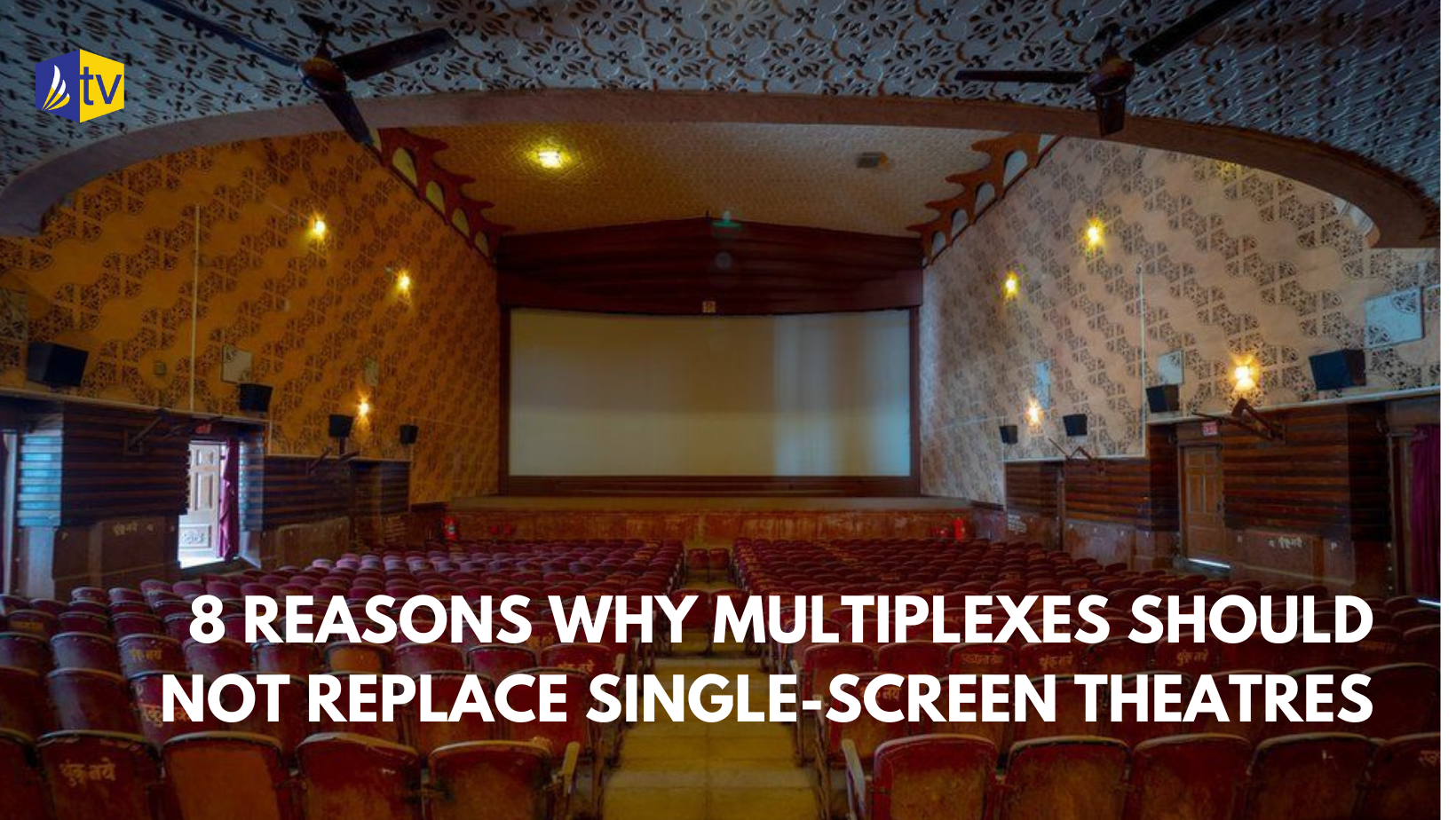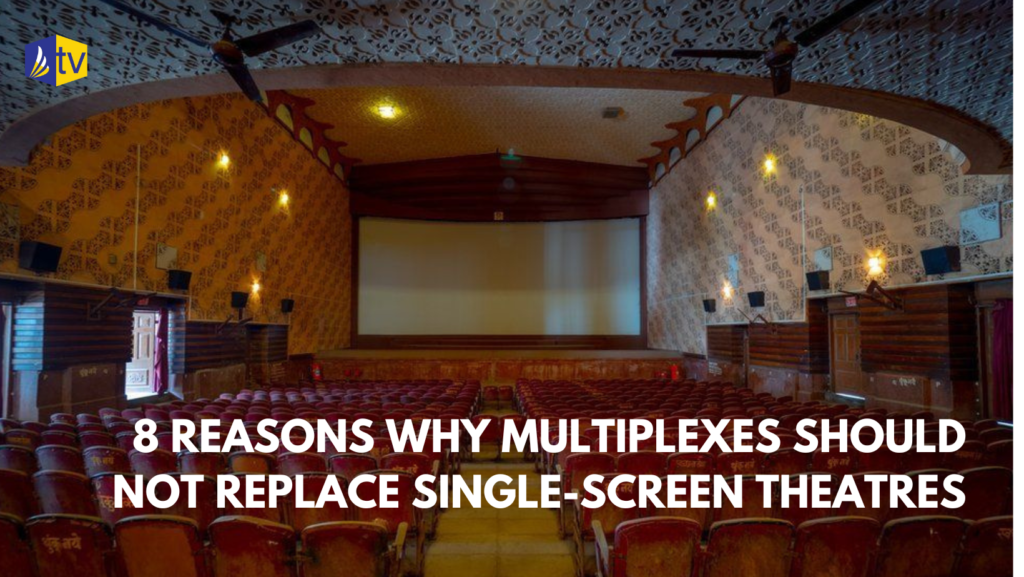World is changing at a faster pace. Old concepts and practices are becoming obsolete and passing into oblivion. Technology is the driving force and providing stimulus for superior alternative measures. There is no dearth of man-made catastrophe and natural calamities in the 21st century. There is constant upgradation in product, process and program to gain competitive advantage and attain long term sustainability. Entertainment underwent massive transformation since liberalisation in India in the 1990s. Multiplex movement started in the world in the 1980s and it made its presence in India mid1990s. Single screen theatres started to feel challenged in the rise and prosperity of multiplexes across all cities of India. The Indian population with rising purchasing power in the post liberalisation period welcomed this new experience wholeheartedly. Technology boom made single screen theatres unattractive. High Definition Television set and home theatre captured the attention of new age viewers.
Nonetheless the significance of single screen theatre does not remain inconsequential. To state a few,
Community Experience: Single-screen theatres foster a sense of community by bringing people together in a shared space to enjoy a film collectively. This communal experience is an essential aspect of cinema culture, and replacing single-screen theatres with multi-screen ones could diminish the social aspect of going to the movies. While multiplexes mean that there might be 2 different movies running simultaneously at the same slot, single screen means only a particular movie will be running with everyone watching the same movie nurturing a sense of togetherness but a sense of discord among the viewers.
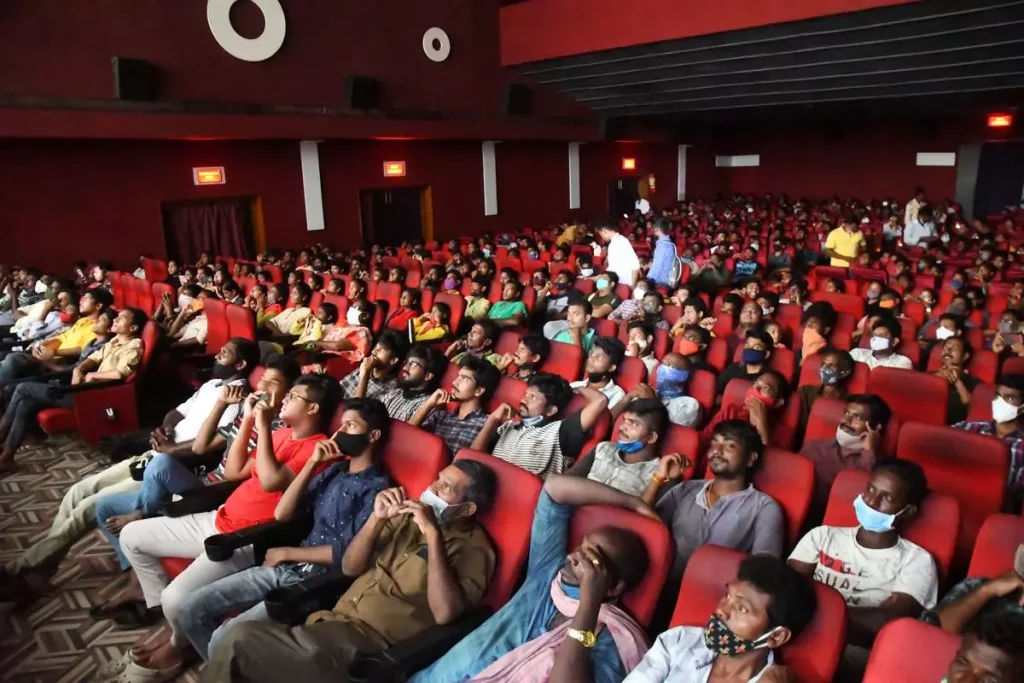
Historical and Cultural Essence : Many single-screen theatres hold historical and cultural significance. They often serve as architectural landmarks and contribute to the cultural heritage of a community. Replacing them entirely with multi-screen theatres may result in the loss of these historical and cultural gems. Historically, single-screen theatres have remained a dominant part of Indian cinema.The overall vibe in most single-screen theatres is very retro and it instantly transforms you into the 70s and 80s world. The seats are very classy with a red faux leather cover and wooden armrest. You will also find an usher with a flashlight guiding you to your seat.
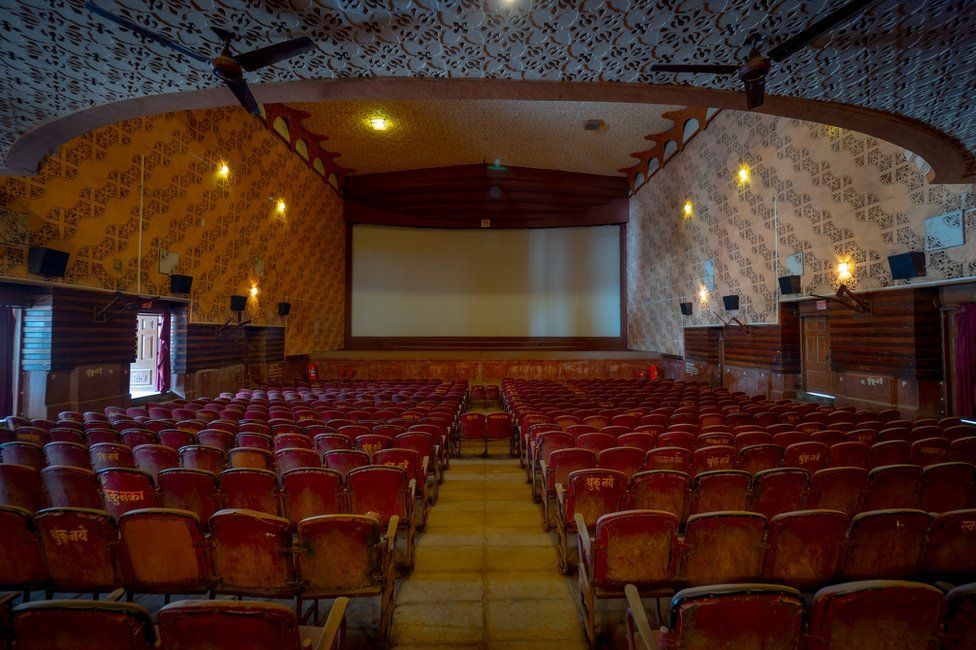
Dilution of concentration : When you are headed for a movie, your experience begins the moment you enter the theatre. Single-screen theatres have a very old-school classy retro vibe already mentioned above. Hence, it is likely that you would see picture boards of the current movie, banners of upcoming movies, a showcase displaying some of the awards, old tiled floors.On the other hand, the moment you walk into a multiplex you can find huge LCD panels displaying advertisements and upcoming movie trailers, fancy lighting, and snack counters with rates that can instantly give you a migraine. Thus all it does in a multiplex is very quickly divert a person’s mind to many other things which are insignificant at the moment.

Ticket Rates : The single screen theatres are governed by certain laws ,so the ticket prices are regulated.The ticket prices there generally vary from Rs 40-150 Whereas the ticket prices in multiplex theatres vary from 100-750Rs.They are increased and decreased according to the festivals and holidays.Not just the ticket prices but also the food items and other things available in a multiplex is very costly.A person can enjoy the movie with good eatables in less price at a single screen theatre. Single-screen theatres are much more economical compared to multiplexes.

Accommodation : The single screen theatres are pretty big in size and so they can accommodate around 200-500 people in the same screen. Multiplex theatres are small in size and hence they can accommodate a maximum of 200 people under one screen. Hence, one can imagine the environment, where such a huge number of people sitting together, enjoying, crying together, laughing together concurrently.
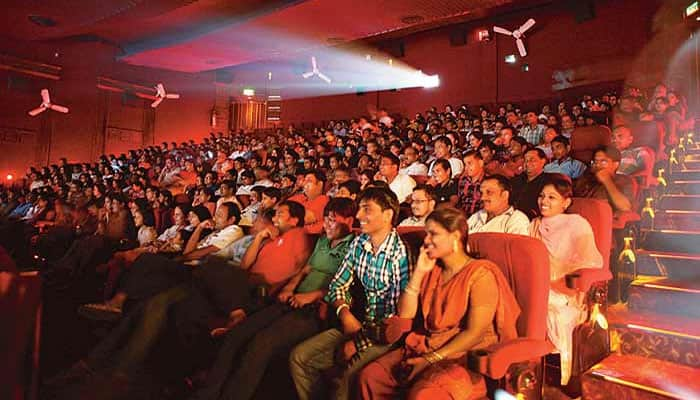
Economic Impact on Small Businesses: Single-screen theatres are often smaller, independently owned businesses. Replacing them with multi-screen giants could have adverse effects on local economies, eliminating jobs and diminishing the economic contributions of these smaller establishments.
Technological Adaptation: Single-screen theatres can adapt to technological advancements without necessitating a complete overhaul. Upgrading projection and sound systems can enhance the viewing experience without the need for a multi-screen format, preserving the charm of the traditional cinema.

Spirited participation of the viewers: The crowd at the single screen theatre is very loud and noisy when compared to multiplex theatre.One can’t think of enjoying the movie peacefully at a single screen theatre.The noises of shouting,whistling and clapping goes on throughout the movie.People can enjoy the movie thoroughly while watching it in the single screen theatre.Watching a movie in it gives a more lively experience.We can hear people laughing out loudly whenever there is a comedy scene.We can even hear the excitement of people during various scenes.All cheap noises pop up when any romantic scene is displayed.Audience start dancing and singing when they come across a song sequence.They all actively participate in the movie.All that doesn’t happen in a multiplex theatre.
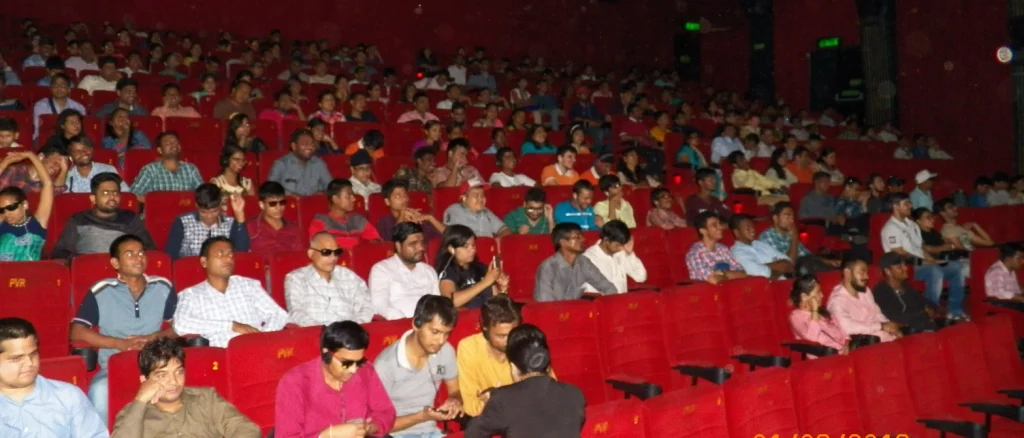
In conclusion, while multi-screen theatres offer certain conveniences, it is important to recognize the unique qualities and cultural significance of single-screen theatres. A balanced approach that preserves both formats can ensure a diverse and enriching cinematic landscape for audiences and filmmakers alike.
Author : Abhishikta Roy
